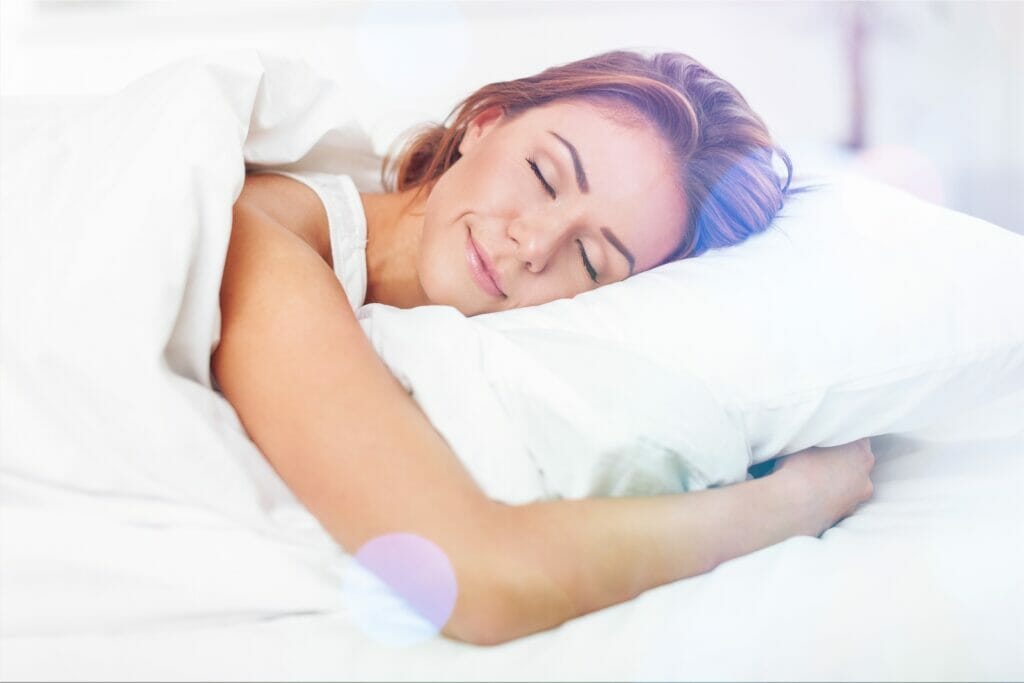
A productive day begins with a great positive mood, but to even achieve that starts with a good night’s rest. I get it, after a long day of work and adulting, your body can still be “on the go” mode and it can be difficult to relax your mind and body completely. Keep in mind, patterns of bad sleep can result in other prolonged sleep disorders and sleep deprivation.
The National Sleep Foundation shows studies of progressive bad sleep can contribute to hypertension, heart disease, strokes, diabetes, depression, and possibly other chronic diseases. It was researched that 50 to 70 million Americans were tested positive in showing signs of chronic sleep disorders and intermittent sleep problems.
Pills are an easy solution to sleep problems versus organic alternatives to healthy sleep. Pill usage, to fall asleep, is on the rise. The Addiction Center announces that between 2006 to 2011 a sleeping pill, Ambien, had approximately 38 million prescriptions. Though sleeping pills can be a great short-term fix to treating disorders like insomnia, there are some possible risks, such as dependency.
I know it sounds intimidating, but of course, this can be all hypothetical when finding sleep aids that can work for you. Here are a few tips to incorporate into your night routine or to even create a new one.
- Develop a routine, and stick to it! Try to go to bed at the same time, every night, and wake up at the same time. As routine progresses, our body’s systems naturally prepare for and anticipate events. Eventually, your body will recognize when it is time to relax and become sleepy prior to bedtime and become more alert in the morning.
- Take a hot shower before bed. This will relax your muscles so you sleep without the fatigue from your busy day.
- Aroma Therapy. Scents such as, commonly used, lavender serves a purpose to reduce stress, anxiety, generate calmness and wellness.
- Avoid drinks before bed. About an hour or two before bed, don’t intake any liquids. This way you can avoid or limit your trips to the bathroom during the night. Just in case, keep a small light in the bathroom.
- Adjust room temperature. Making sure your sleep environment is comfortable and cool will be effective, especially if you get hot and restless during the night.
- Minimize electronics. The usage of electronic devices can alter or delay your body’s internal clock. Your alertness at bedtime is going up when it should be reducing. Which means your release of melatonin is being suppressed, making it hard to fall asleep.
- Limit noise. The less noise during the night, the higher the chances your sleep not being disturbed.
- Keep your sleeping space dark. Melatonin is a chemical released to the body to allow us to fall asleep and stay asleep during the night. So, even the slightest amount of light can interrupt this production.
- Don’t go to bed hungry. Who enjoys the feeling and hearing their stomach growl through the night? Your sleep is enhanced when your stomach is satisfied.
- Exercise. Exercise increases body temperature, so your post-exercise temperature drop can trigger falling asleep faster. Exercise can even relieve symptoms of insomnia such as anxiety and depression.
- Possibly, see a doctor. After trials and errors trying to find the perfect way to sleep peacefully, reach out to doctor assistance in figuring out what could be keeping you up at night.
Houston Astros elite pitcher, Justin Verlander, gives his sleep expertise with the New York Times giving away his secret that more sleep is the key to a successful day. His methods include making sure he uses blackout blinds and preventing any cell phone distractions before bed. “I just kinda do what makes me feel good,” Verlander says. “Your body will tell you what to do.”
As your sleep improves, so can your days. Soon your work-place may start to get friendlier, your energy a little brighter, the sky looking quite clearer, and your heart feeling a lot happier.



